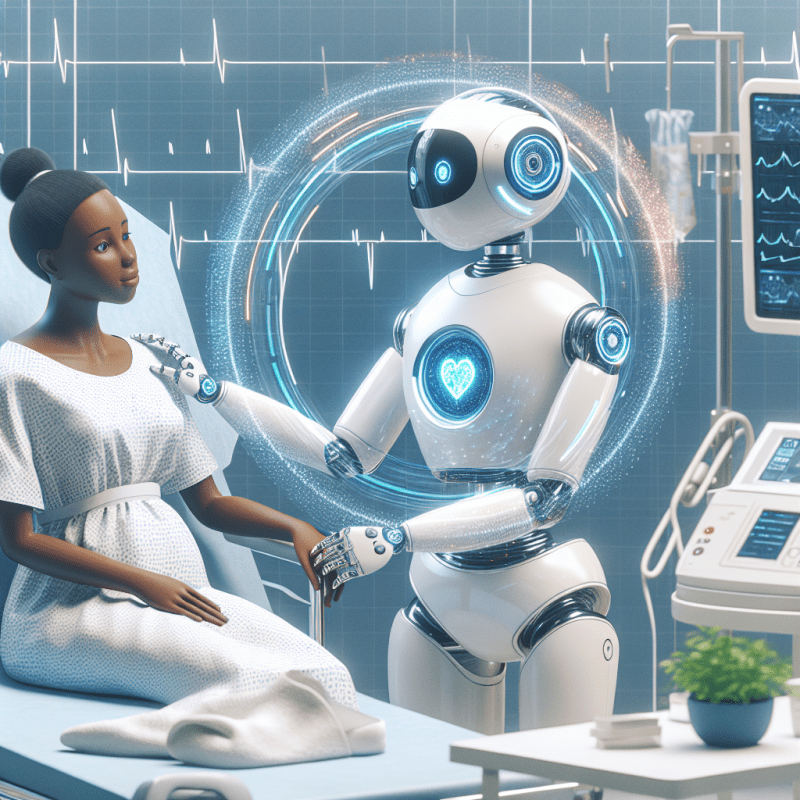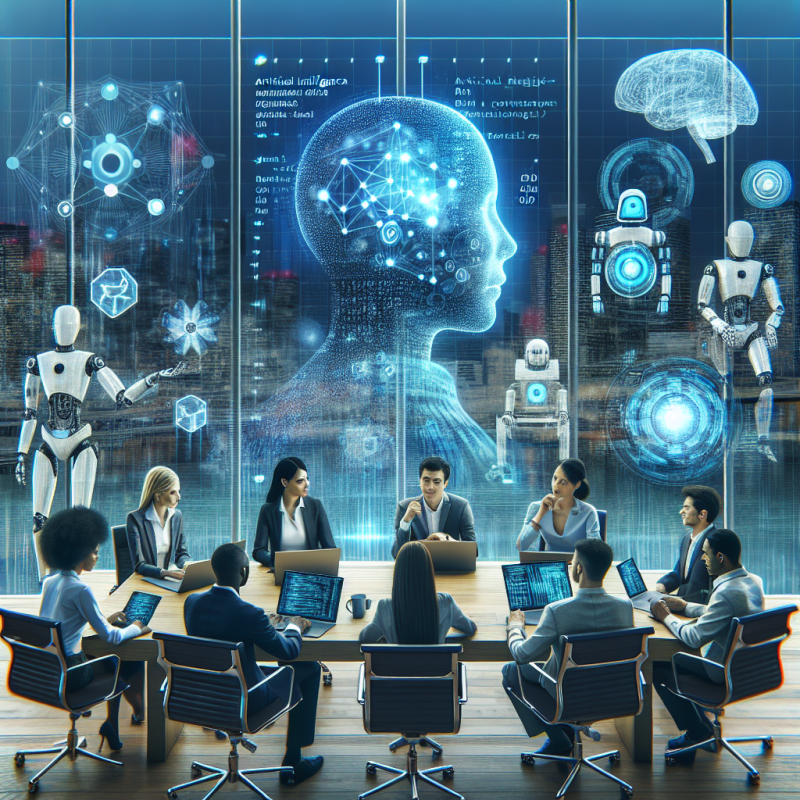Artificial Intelligence, or AI, is all about machines doing things that normally require human intelligence. Think of it as giving computers the ability to learn, reason, and solve problems. And while it sounds super high-tech, AI is actually becoming part of our daily lives in ways you might not even notice.
At its core, AI involves a few key concepts:
AI isn’t just for techies; it’s being used in education, healthcare, and entertainment to improve how we learn, stay healthy, and enjoy our favorite shows or games. The goal is to make tasks easier and help us make better decisions, all while reducing the time we spend on mundane tasks.
So, why is AI rising in popularity? The answer is simple: it's becoming more accessible. With advances in technology, businesses can now use AI tools without needing teams of experts. That means smarter solutions are available to everyone, from small businesses to giant corporations.
How AI is Changing Our Lives
Artificial Intelligence, or AI, is popping up everywhere in our daily lives, and it's hard to ignore its growing influence. From the moment you wake up to the time you go to bed, AI is there, quietly making things a bit smoother and easier. Whether it’s recommendations on Netflix, smart assistants like Siri or Alexa helping with daily tasks, or even algorithms analyzing your purchase preferences, AI is making a mark on the way we live.
One of the most exciting areas AI is transforming is how we communicate. Chatbots and virtual assistants are making it simple to get answers quickly without jumping through hoops. Instead of waiting for customer service replies, you can get instant help—and that’s a game changer! Businesses are also using AI to analyze customer interactions, improving services based on real feedback.
Education is another field that’s being reshaped by AI. Personalized learning experiences are becoming the norm, helping students learn at their own pace. For instance, adaptive learning platforms use AI to track progress and tailor lessons specifically to each learner’s strengths and weaknesses. This means more effective learning and, if you ask students, generally more fun!
Don’t overlook AI's role in healthcare, either. Medical professionals now have tools powered by AI to help diagnosis and treatment plans. AI can analyze vast amounts of data quicker than any human can, leading to faster and potentially life-saving decisions. Plus, it helps in managing patient records more efficiently, making healthcare smoother for everyone involved.
Key Benefits of Artificial Intelligence
Artificial Intelligence (AI) is changing the way we live and work in so many ways. Here are some key benefits that show just how impactful this technology can be:
These benefits show just how much AI is integrated into our daily lives and how it can help us in both personal and professional capacities.
Future Trends in AI Technology
As we dive deeper into the world of artificial intelligence, it’s exciting to think about what the future holds. One big trend on the horizon is the rise of *AI personalization*. Brands and services are using AI to get smarter about our preferences. Imagine getting recommendations that feel tailor-made for you, be it in shopping, entertainment, or even news. This level of personalization can make our digital experience smoother and more enjoyable.
Another trend to watch out for is *explainable AI*. As these systems become more complex, it's crucial that we understand how they make decisions. Companies are focusing on creating AI that not only performs well but also provides insight into its reasoning. This transparency can help build trust, especially in sectors like healthcare and finance, where decisions can significantly impact lives.
A major development we can expect is the integration of AI into everyday devices. With smart home technology already on the rise, think about how our homes, cars, and even our appliances can become more intelligent. For example, your fridge might suggest recipes based on what you have inside, while your car learns your commuting patterns to offer smarter routes. It's all about making our lives easier and smarter.
Lastly, *ethical AI* will continue to be a hot topic. As we rely more on AI, discussions around fairness, accountability, and bias need to ramp up. Developers and regulators alike are focusing on creating standards that ensure AI benefits everyone. This means working towards systems that are not only efficient but also fair and inclusive.



